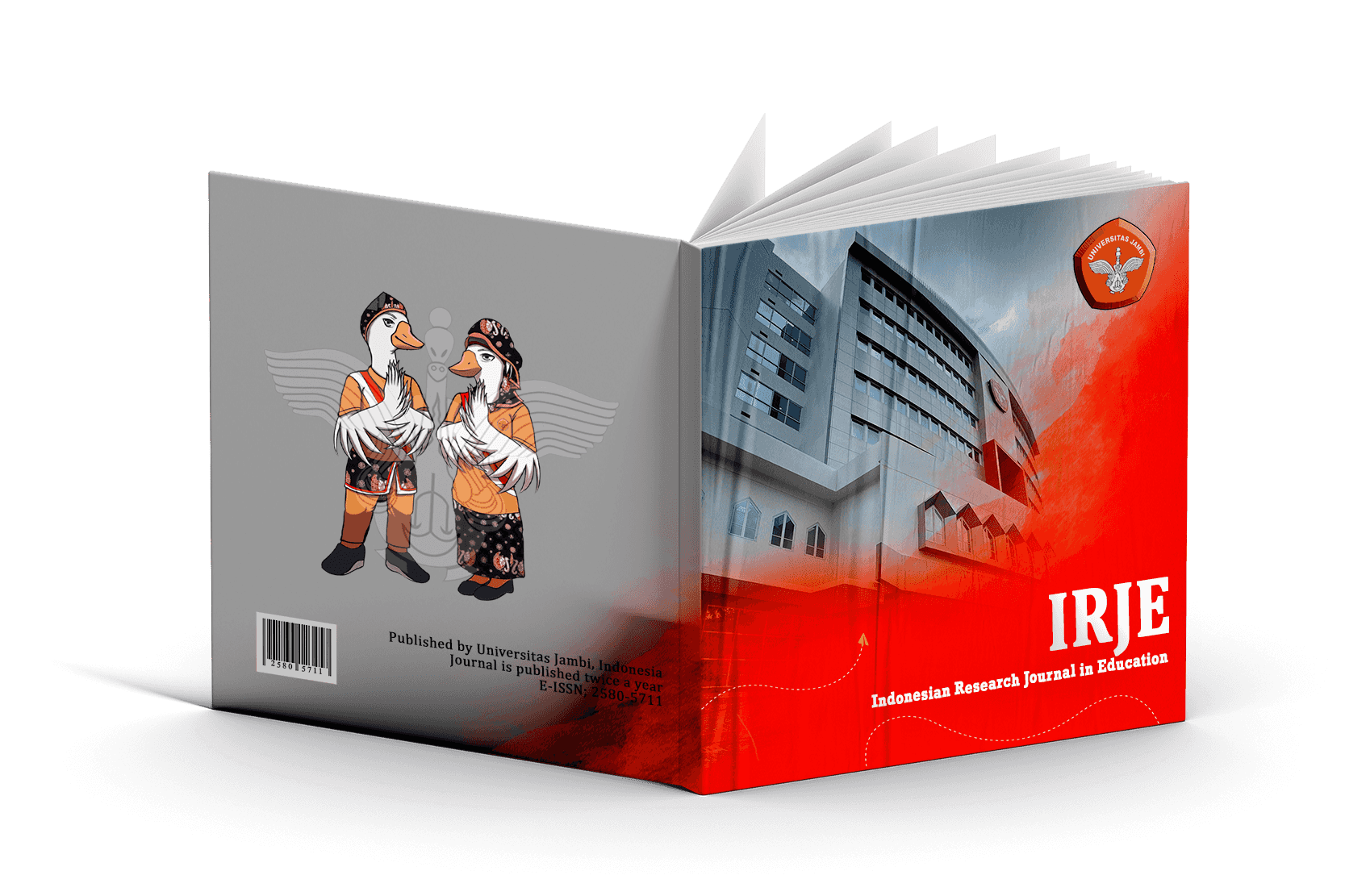Computational thinking Skills from the perspective of students’ self-confidence in mathematics learning
DOI:
https://doi.org/10.22437/irje.v9i01.37228Abstract
This research aimed to analyze computational thinking skills from the perspective of students' self-confidence in mathematics learning, employing a qualitative approach and a case study method. The subjects of this research consisted of thirty-five students from tenth grade, selected based on self-confidence—categorized as high, moderate, and low. Data collection techniques included a computational thinking skills test focused on systems of linear equations in two variables, a self-confidence questionnaire, and interviews. The findings reveal that students with high self-confidence demonstrated the ability to meet all indicators of computational thinking skills. In contrast, students with moderate self-confidence could only fulfill two indicators—decomposition and algorithmic thinking—indicating that they struggled with pattern recognition and abstraction. Meanwhile, students with low self-confidence exhibited limited computational thinking skills, with some meeting only the decomposition indicator and others failing to meet any expected indicators.
Downloads
Downloads
Published
How to Cite
Issue
Section
License
Copyright (c) 2025 Indonesian Research Journal in Education |IRJE|

This work is licensed under a Creative Commons Attribution-NonCommercial-ShareAlike 4.0 International License.
After the manuscript is accepted for publication, authors will be required to sign a copyright transfer form. Copyright will be transferred to Jambi University, the Graduate School, Doctoral Program in Education, via e-mail. A copyright form will be sent to you via e-mail after the accepted manuscript has been submitted.





